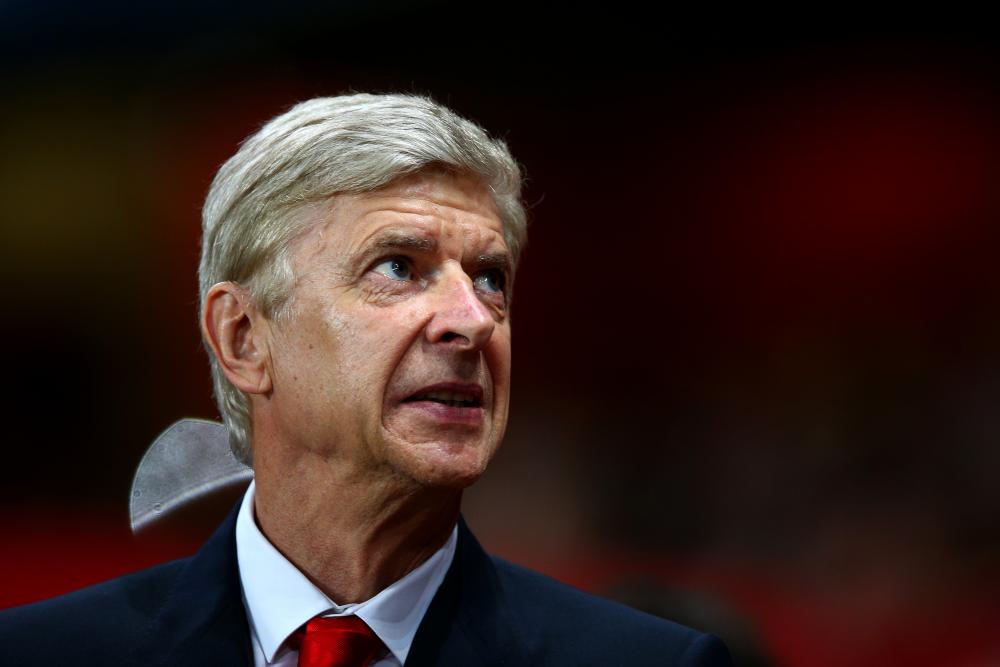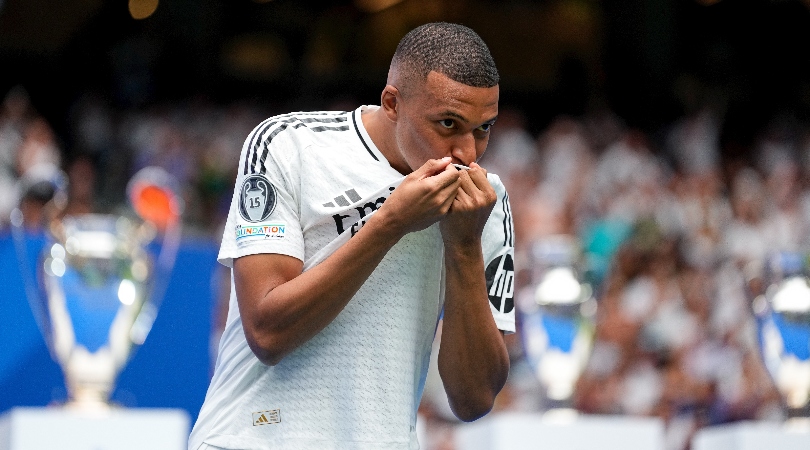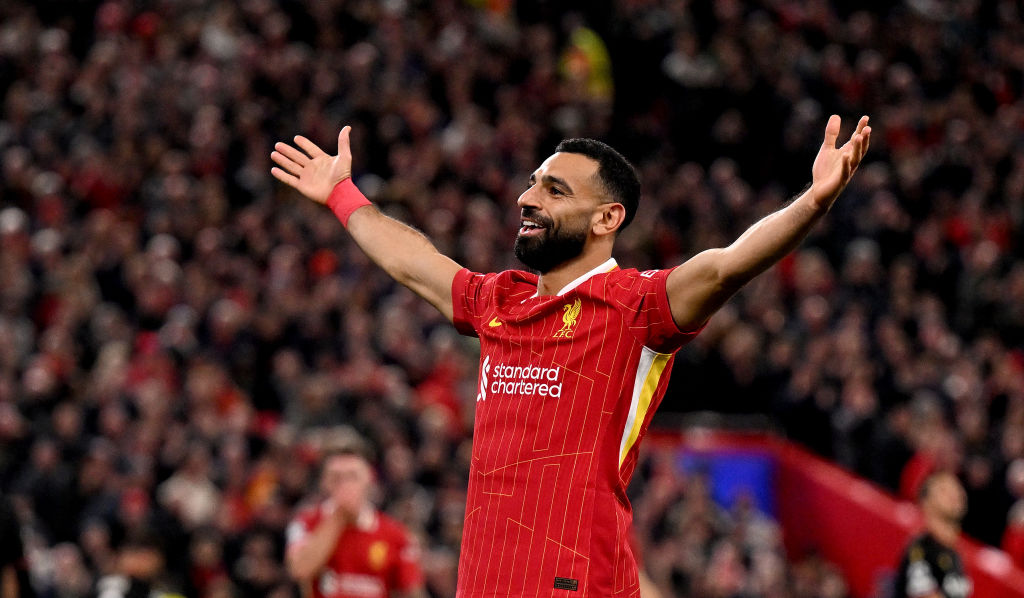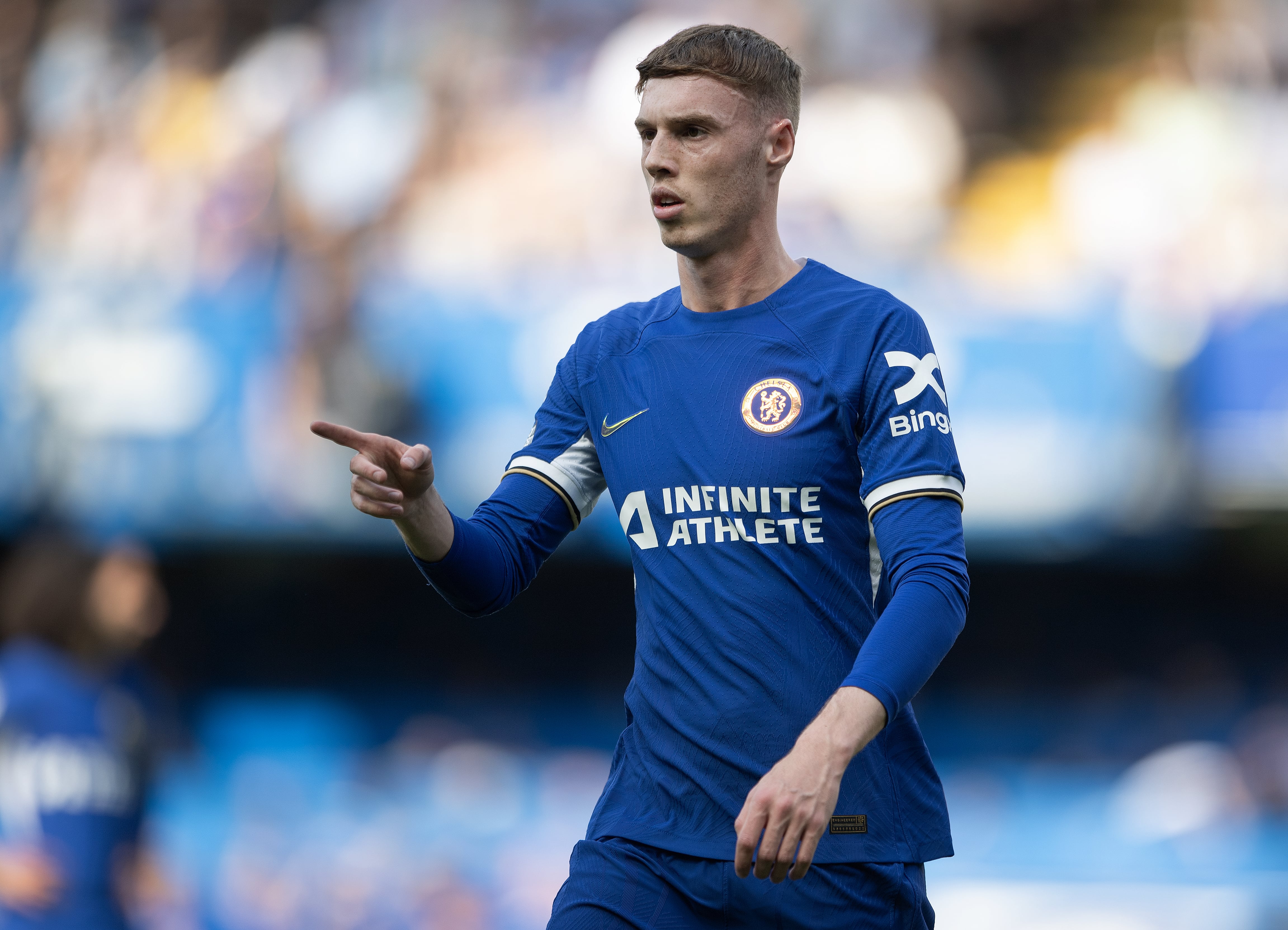
There’s an impressive list of free agents available to be snaffled up at the end of the current season, as it stands. Trent Alexander-Arnold, Virgil van Dijk, Mohamed Salah, Lionel Messi, Son Heung-min, Kevin De Bruyne, Leroy Sane, Alphonso Davies, Joshua Kimmich, Angel Gomes… the list goes on.
After seeing Kylian Mbappe happily run down his contract at PSG and scoop a monstrous signing-on fee from Real Madrid in lieu of a transfer fee for the Parisiens, that’s got FourFourTwo thinking about something Arsene Wenger said about players being willing to let their contracts expire and move on a free.
The then-Arsenal boss said back in 2017, "I think in the future, you will see it more and more. Why? Because the transfers are so high, even for normal players. You will see more and more players going into the final year of the contract because no club will want to pay the amount demanded … in the next 10 years, it will become usual.”
More than ever, megastars are approaching the end of their contracts

Next summer will mark eight years since Wenger’s bold prediction, and you might look at the list above and think he nailed it. He did in Mbappe’s case, of course. But… usual? Not especially, and not really entirely for the reasons Wenger suggested, either.
There’s a touch of availability bias here. When you’re listing every player at every club in the world, it would be bizarre if there weren’t a few high-profile names who are out of contract in one given summer.

Salah and van Dijk’s cases suggest exits are not all player-led, either. Van Dijk said in August that he was yet to hear from Liverpool about a new deal, with Salah doing the same a few weeks later.
As usual, many of the current list of potential free agents are north of 30, and clubs have always been loath to hand out long deals to players whose powers are diminishing and whose injuries are becoming more frequent. That’s more and more true as financial restrictions have tightened and responsible clubs have been forced to future-proof their wage budgets more carefully.
It is striking to see a few younger players in there – Sane is only 28, Alexander-Arnold 26, Davies 23 – but in each case, their situation as far as we can tell appears to be club led, rather than the player himself waiting out his deal. Notably, both Bayern and Liverpool have changed both their sporting director and manager this year; it may be they were not previously willing to commit to a huge deal for their big stars earlier than this.
This has been the case to a certain extent since the 1995 Bosman ruling. There is always a balance for clubs and players alike to try and strike, and different players and clubs have approached it differently.
VIDEO Why Angel Gomes Is The EXACT Player England Have Been Missing
There is no one-size-fits-all approach to contract negotiations. A player might join a club with a quite open acknowledgement that the move is a stepping stone to a bigger move down the line.
Clubs tend to be realistic about their standing, and might well be happy with that because it allows them to enjoy an up-and-coming player’s services for a couple of years – and earn themselves a reputation as a great place to put yourself in the shop window. Red Bull Salzburg have built their success on that – albeit not so much the last couple of years.
Other clubs, like Chelsea, might be keen to stress that they are trying to build a long-term project based on signing highly-talented youngsters, and that the condition for getting in on the ground floor is that players must sign up to unusually long deals.
There’s also an element of considering only the desires of elite players. For most, especially those in the lower tiers, the usual objective is to get the longest contract you can possibly get your hands on and secure certainty for yourself and your family for as long as you can.

Even if the Lassana Diarra case ends up having profound implications, there will always be a certain set of players who are happy to stay put at a club for an extended period, and others who start packing their bags the moment the manager fails to smile at him broadly enough in the cafeteria.
In the course of my journalism career, I have spoken to players who have turned down offers of more money from bigger clubs because they are happy at the club, their family are happy in the area, and they simply don’t want to move. Martin Zubimendi is a high-profile recent example, but they’re more common than you think. Not everybody is a rampant careerist, and those players tend only to move once it becomes clear the club no longer wants them.
I’ve also met others who have had multiple clubs in different countries and only ever taken short-term deals wherever they’ve gone, because they want to use their careers as a means of seeing as much of the world as possible. That, again, is not a football decision, but a lifestyle one.
The rules around contracts may slowly continue to change and evolve, but players have held the majority of the power for the better part of 30 years now. What hasn’t changed in that time - and never will - is simple human nature.







